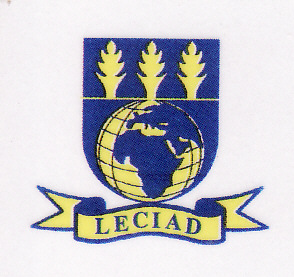The purpose of this course is to develop students’ knowledge of the workings of governments. It is further designed to provide students with deeper insights on the various facets of governmental operations and how they accomplish the task of delivering public goods to the citizenry. The course further examines the nature and scope of the field of public administration, the classical debates of Wilsonian seminar work on politics-administration dichotomy and public-private dichotomy. The discussion focuses on the theories of modern organization such as the Weberian Ideal Bureaucracy, Frederick Taylor’s Scientific Management, Henri Fayol’s Fourteen Principles of Management and Elton Mayo’s Human Relations Principles. Attention is directed towards the Ecology of Administration and wades into the analytical framework of Fred Riggs on Prismatic-Sala, as well as the movements that have transformed the public administration landscape such as the New Public Administration (NPA) and New Public Management (NPM). It also introduces students to the public policy-making process and examines salient analytical tools to transform policy into implementable programmes and projects. The conclusion discusses organizational behaviour, public sector leadership development for managing domestic and international institutions. The of course delivery of lectures is through a combination of lecturer-led and student-led presentations, and the use of audio-visual documentaries and online deliveries via the University of Ghana Sakai platform. By the time students complete this course, they would have comprehended how governments conduct their activities in the public sphere and how they impact on the lives of citizens.



